I originally presented this as a lecture for The Zeitgeist Movement in Indonesia. I'm recreating it here and hope it works as a blog post. I hope someone finds it interesting.
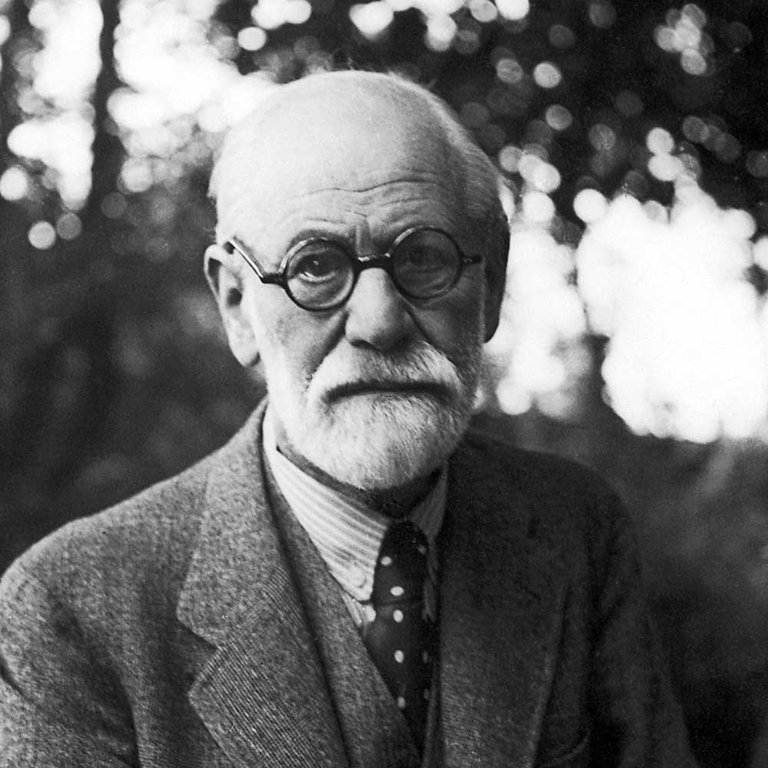
Sigmund Freud, who hopefully most of you are aware of, was an Austrian psychoanalyst. Much of his work was conducted at the beginning of the 20th Century, and he founded the Vienna Psychoanalytic Society, and later the International Psychoanalytic Society with a large number of key members who circulated and discussed ideas relating to the human condition. As a result of his psychoanalytic studies, he came to the following conclusion.
Freud: “I have discovered primitive sexual and aggressive forces hidden deep within the human mind. If not CONTROLLED, they will lead individuals and societies into CHAOS AND DESTRUCTION.”

He also wrote about group behaviour and how easily the unconscious aggressive forces in human beings could be triggered when they were in crowds. He basically believed mankind was a bad species, a ferocious animal.
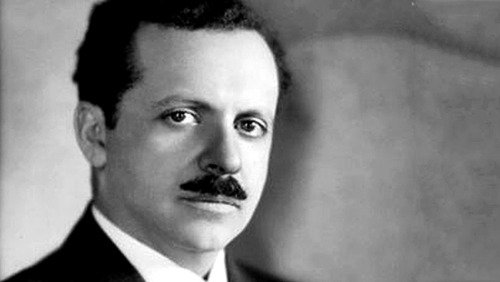
Sigmund Freud’s nephew Edward Bernays: took Freuds ideas and used them to manipulate the masses. He showed American corporations for the first time, how they could make people want things they didn’t need by linking mass produced goods to their unconscious desires.
“At the age of 26 I was in Paris for the entire time of the Peace Conference… And we worked to MAKE THE WORLD A SAFER DEMOCRACY.” - Their propaganda had portrayed the US President Woodrow Wilson as a liberator of the people and the creator of a new world, in which the individual would be free. Bernays began to wonder if the same type of mass persuasion would be possible in peace time. “When I came back to the United States I began to wonder if we could use propaganda during peace time. But propaganda had become a dirty word because of the Germans, so we looked for another word…” - In New York they set up as the ‘Public Relations Counsel’.
He originated the idea of the emotional connection to a product or service. Not just wanting something, but feeling better when you have it. This was key to everything that followed.
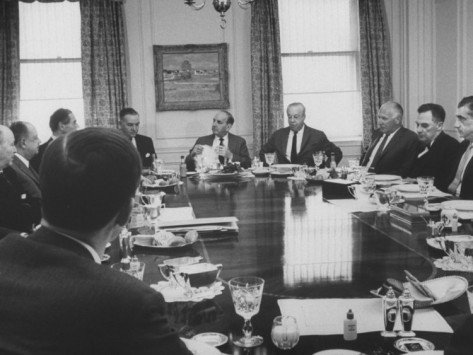
A leading Wall Street banker, Paul Mazur of Lehman Brothers, put it like this: “We must shift America from a needs to a desires culture; people must be TRAINED to desire, to want new things EVEN BEFORE THE OLD HAVE BEEN ENTIRELY CONSUMED. We must shape a new mentality in America; man’s desires MUST OVERSHADOW his needs.” – Mazur envisioned a culture where you had things you didn’t actually need, but you wanted. Bernays was instrumental in making this vision a reality, and turning workers into consumers.
It is worth noting that in all of history before this point, the population had been viewed as ‘workers’ that is, people that work at the creation of something particular to their relevant skill set. After the emergence of Bernays, Mazur and their kind, people were transformed from workers into consumers. This is the current condition of modern man, reduced to a mere vehicle for consumption rather than a worker, a contributor to the productivity of society.
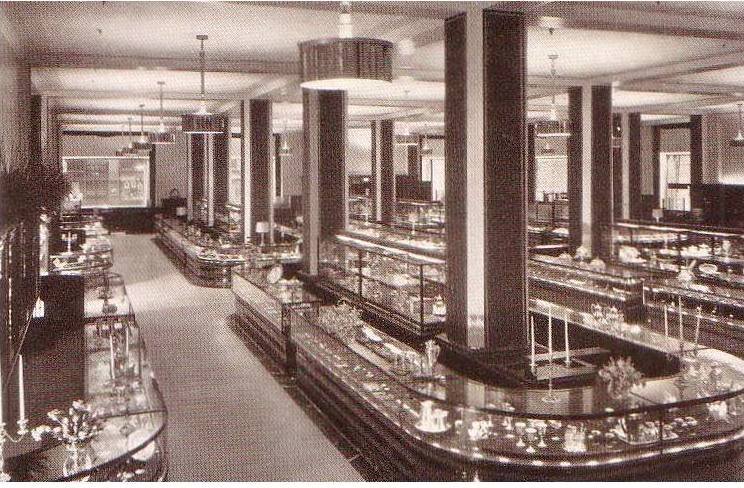
It was the banks themselves that funded the first department stores where these mass produced goods could be pushed onto the consumer; and Bernays job was to produce customers for them. So the banks built these new temples for consumerism, and products that people didn’t need but wanted were pushed onto them through systematic advertising and emotional associations. I shan’t add any more comment here on their reasons for doing so as I believe it is all too obvious.

Bernays also introduced product placement into the movies, something that is all too apparent today. The reason for product placement is to subtly and gradually bring brand and product identification into the permanent environment of the consumer. Much of the branding isn’t even noticed, as much is in the background but it eventually instils a framework of permanent brand association into the mindset of the viewer. We are so used to seeing brands and adverts in movies that we simply don’t care anymore, much less notice it.
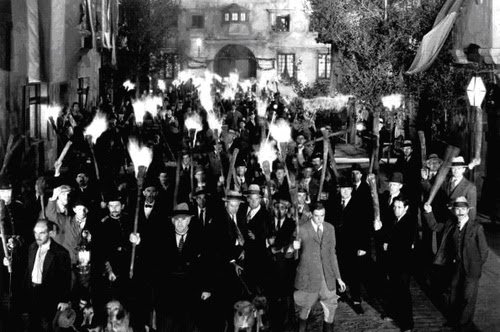
By stimulating people’s inner desires and then sating them with consumer products he was creating a new way to manage the irrational force of the masses. He called it “The engineering of consent”.

This was essential Freud and his followers felt, to prevent unrest and civil disobedience. If you could keep stimulating the irrational self, then leadership could carry on doing what it wants to do and complacency, and would be guaranteed. They created a safe, consumer bubble for us to live inside, one we are scared of bursting. A bubble based on our innermost fears and desires which are consistently stimulated and then appeased through products that we neither need nor genuinely want. All so that more and more laws and restrictions can be introduced into society, or that we’ll merely accept certain societal conditions, such as work, education, limited amounts of holiday, paying for healthcare, paying for energy, having to take out loans for property, etc etc.

To allow man to freely express himself is considered too dangerous and must always be controlled. Therefore to ensure ‘democracy’ whilst simultaneously limiting personal freedoms, we must always live in perpetual discontent. Freud, Bernays and their supporters literally created a divided mankind that could be easily conquered and controlled.

Wilhelm Reich was also an Austrian Psychoanalyst, but his views were contrary to Freuds, and he disagreed with much of Freuds work. Indeed, Freuds wife held something of a personally vendetta against Reich, and eventually had him expelled from the Psychoanalysts society.
Reich believed that under a layer of perverted instincts a positive core is hiding in every human being. He also believed this layer of perversity was the result of society and conditioning, it wasn’t a natural state at all.

In his work ‘Character Analysis’ he describes the structure of character as a mirror of repressed conflicts, from which results neurosis. To protect themselves against repressed feelings, humans literally develop a suit of armour over time which is termed ‘character’. They are not born with these neuroses or characteristics.
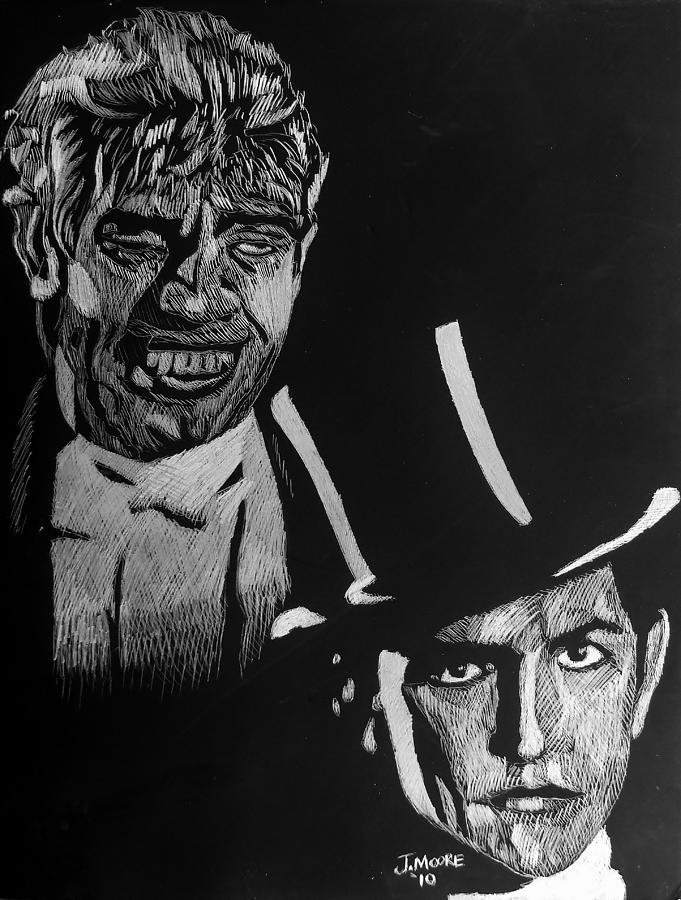
“In summary about the human character the following can be said: he or she is a being which is structured in three layers; on the surface he or she wears the artificial mask of self-control, of compulsive unauthentic politeness, of ostentatious sociability. By means of this he covers the second layer, the Freudian unconsciousness, in which sadism, greed, lasciviousness, envy and aversions of all kinds are kept in check, without losing the slightest amount of their power. This second layer is the ARTIFICIAL PRODUCT OF THE CULTURE, which denies sexuality and is consciously sensed only as inner emptiness and dullness. In the third layer, the biological core, live and do have an effect the natural sociability and sexuality the spontaneous lust for work and the ability to love, the only hope for mankind to cope one day with the social misery.”
So basically, we are much like an onion, with a positive core which desires only love and understanding. Society builds upon us the additional layers where our perversions are found. These are indeed kept in check by societal conditioning, but they are not addressed nor confronted. They still remain, distorting and altering our perception of ourselves and our fellow man. We maintain a mask of pretence and calm in order not to reveal these disturbances to those we interact with.

Where indeed Freud’s work aimed at the suppression of these feelings, Reich’s work was concerned with the natural self-regulation of these emotions and the self-determination to establish who we are and to have a critical look at authorities and practical constraints. For example, Reich believed that in a sexually free society we would no longer need pornography; and rape, sexual abuse and other detrimental by-products of sexual suppression would no longer exist.

He believed that contrary to the will of the state, every newborn child is born with the wish for autonomy, for freedom and for the self determined development of personality and feelings. For example he observed that babies more often cried when their parents were emotionally unstable internally, and therefore unavailable. Babies are thus merely articulating the unexpressed emotions of their parents. Contrary to Freud, Reich arrived at the conclusion that babies are born without any trace of irrationality whatsoever. To this end, he was primarily concerned with how the foundations of liveliness and love could be maintained in humans and continued through adolescence into adulthood.

Does anyone here know where the Trobriand Islands are? Well, you may well have heard much talk of ‘utopia’ and how we are aiming at a ‘utopian society’, but certainly in Reichs view, the Trobriand Islanders already have a utopian society. It is a matriarchy, that is females always rule as the creators and mothers of the tribe, but the society is one of nurture and openness, not of authoritarian control.
Bronislaw Malinovsky conducted extensive research in the Trobriand Islands of Papua New Guinea; in their society sexuality is an essential part of healthy development and adolescents are free to do as they please in a nurturing supportive society. In centuries under this matriarchy there hasn’t been one war. Malinovsky further couldn’t detect any neurotic or ‘unstable’ human behaviour of any kind. He described the people as open and warm-hearted. Perversions, sex crimes or violence of any kind are completely unknown to them. Obviously if you listened to Freud, these people should be wild savages and the way in which they actually interact should be impossible.
As a note, all the other google image results for trobriand islanders contained naked breasts, as noone in the tribe wears much in the way of clothing. This was the only ‘suitable’ photo I could use for our sensitised audience. Quite sad really.

“Who kills nature in him or herself, who divides the connection of soul, body and mind and oppresses one of these parts makes him or herself usable. One can place him or her at a machine, at a conveyor belt, at the checkout, doing nothing else than pressing buttons and pulling out papers the whole day long. This human being, the divided human being, is the usable human being. And our whole society is a ‘making-use-of society’. – Roland Klick.
As mentioned previously, we are being consistently taught that human nature is to be greedy, competitive and selfish. That we would be dangerous wild beasts if left to our own devices, that we would run rampant through the streets if our sexuality wasn’t limited and controlled or packaged and sold back to us. These constructs are placed into the human mind from a young age and then consistently enforced for the purpose of increasing mistrust and social and racial divides. In this way we have truly been ‘divided and conquered’, able to be put to work to serve nothing except some remote master we will probably have no interaction with, and spend our meagre pay check in support of the same remote master and the system that he serves. I’m sure you’ve all seen the field of human batteries in the matrix. That’s not far off the system we currently have in place. Our communal dream, our ‘matrix’ if you will, is that this system actually works, and that it is the only viable option.

Reich therefore believed that we are born essentially good, full of love and compassion. But these traits are literally stifled and suppressed by an authoritarian state which does it’s best to limit love, sexuality and creativity in the interests of subservience, mistrust and control.

As an enemy of the state and a known communist, Reich was denounced and defamed not only for his theories but also for his ability to record and collect life energy or orgone energy, which at the time was the only peaceful alternative to the destructive power of nuclear energy and weapons. Both Einstein and Freud played their parts in having Reich refuted and condemned, serving their own interests and careers in the process. After repeated attempts by the FDA and Federal Government, Reich was eventually sentenced to two years in prison where he died shortly before his scheduled release date due to heart failure. In his own words slightly before imprisonment “The prison would not be easy for me to bear and it is very likely that I will be killed there.” An autopsy was never conducted, despite continued pleas from his family and his real cause of death still remains unconfirmed.
Thank you for that article. Great work in Detail. Very interesting and it reflects some deep knowledge.
Thanks so much man. Humbled.
temples of consumerism, indeed... humans are complex, but if we keep incentivizing them to push bad buttons, we will end up in bad places
This is incredible! The first time I heard of Bernays' notions was through a most insightful documentary series by the British filmmaker Adam Curtis, called The century of the self, It changed the way I view many aspects of our society. Like Adam Curtis says in another documentary of his (Bitter Lake) "We live in a world where nothing makes any sense".
Great post!
Best.
I used Century of the Self as reference, along with some associated articles and the German TV documentary on Wilhelm Reich. I've long been a Wilhelm Reich fanboy, and through my work at Zeitgeist and my own personal interest in Psychology, was able to tie some of these ideas together. I'm glad you can relate. :)
You did a great job @thedriftmc!
This gem of a post was discovered by the OCD Team!
Reply to this comment if you accept, and are willing to let us share your gem of a post! By accepting this, you have a chance to receive extra rewards and one of your photos in this article may be used in our compilation post!
Gems! We strive for transparency.You can follow @ocd – learn more about the project and see other
Flattered. Thank you. :)
Thank you for sharing valuable information and insights! Though I have heard from Reich already and his different notion to Freud, I would say that neither a "good core" nor "evil instinct" can be proven in the humans existence. Of course it can be thought.
And I must admit that thinking is a very powerful construction building method.
From a buddhist point of view there is no such thing than a permanent core or character within a human. Everything is changing, moving. Good and bad pops up depending on current and past circumstances and individual thought process. The Buddhists state that there is no real "I", no "Me". I find their teachings of highly interest.
When I follow their statement it leads me to many questions and sometimes it makes me more peaceful and content. Also irritation by what they say I find a good thing.
Good day for you and thank you again.